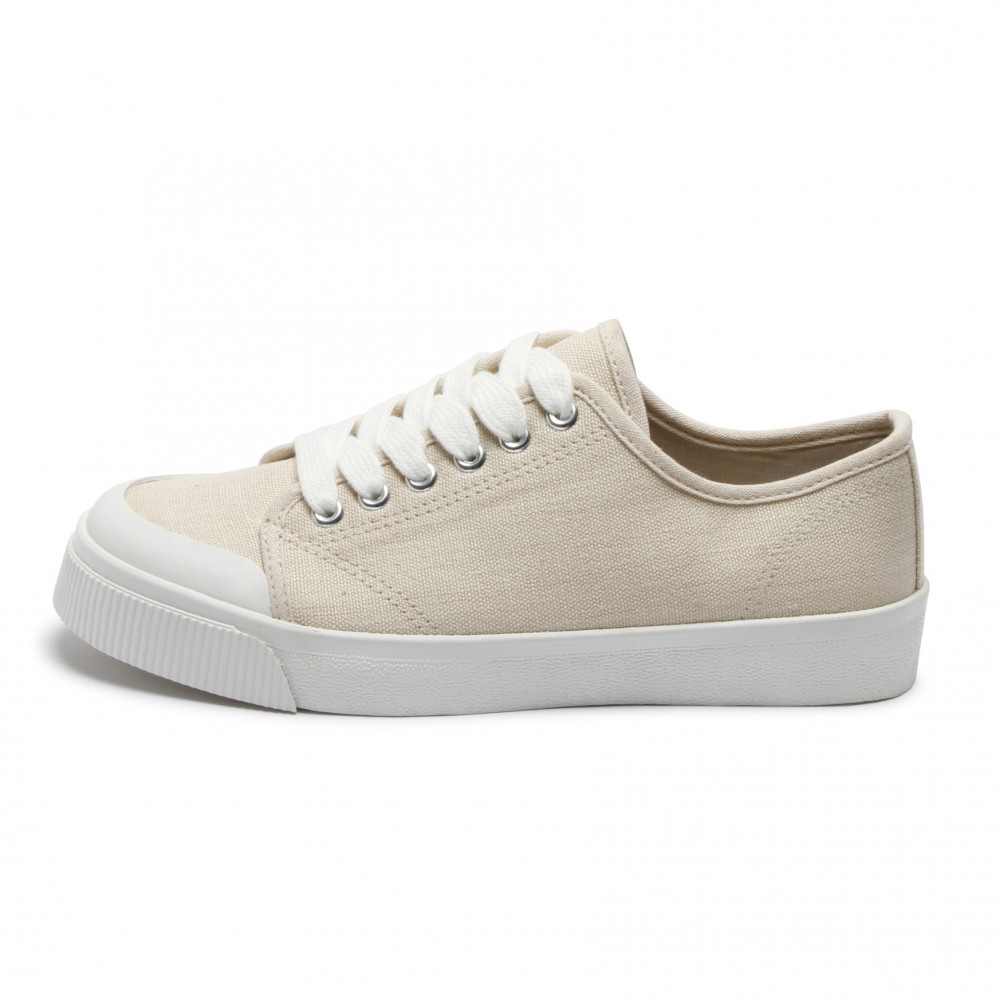
In recent years, the global shift towards ethical and sustainable practices has extended beyond the realm of diet and into the world of fashion. One such stride in this direction is the emergence of vegan shoes, a conscientious alternative to traditional footwear that eschews the use of animal-derived materials. This article delves into the innovative methods employed to create vegan shoes, shedding light on the intricacies of their production while highlighting the key differences from conventional shoemaking processes. By exploring the art and science behind crafting vegan shoes, we uncover the reasons behind their growing popularity and their positive impact on both animals and the environment.
The Rise of Vegan Shoes
Vegan shoes have experienced a remarkable surge in popularity in recent times, with more and more consumers seeking cruelty-free and sustainable alternatives. These shoes are not only favored by those adhering to a vegan lifestyle but have also gained traction among environmentally conscious consumers. The driving force behind this shift lies in the negative environmental and ethical implications associated with the traditional leather and suede industries. The process of obtaining animal hides and skins often involves practices that harm animals and contribute to deforestation and pollution. Vegan shoes provide a way to sidestep these issues while maintaining style, comfort, and quality.
Understanding Vegan Shoe Materials
Vegan shoes are crafted using a diverse range of materials, carefully chosen to mimic the appearance, texture, and durability of animal-derived counterparts. Some key materials used in vegan shoe production include:
- Synthetic Leather Alternatives: Polyurethane (PU) and polyvinyl chloride (PVC) are commonly used to create synthetic leather, also known as faux leather. These materials can replicate the look and feel of traditional leather without the use of animal hides.
- Plant-Based Materials: Innovative plant-based materials like pineapple leather (Piñatex), mushroom leather, and apple leather offer sustainable alternatives to animal-derived materials. Piñatex, for instance, is made from pineapple leaf fibers, providing a versatile and eco-friendly material for shoe production.
- Recycled Materials: Another avenue explored in vegan shoe production is the use of recycled materials such as plastic bottles and rubber. These materials not only reduce waste but also offer a unique texture and appearance to the final product.
The Crafting Process: From Concept to Shoebox
The creation of vegan shoes involves a meticulous process that brings together traditional craftsmanship and modern technology:
- Design and Conceptualization: The journey begins with designers conceptualizing the shoe’s style, shape, and features. This stage emphasizes the fusion of aesthetics, comfort, and functionality.
- Material Selection: The choice of vegan materials plays a pivotal role in defining the shoe’s overall quality and appearance. Manufacturers carefully assess the chosen materials’ durability, texture, and eco-friendliness.
- Pattern Making: Skilled artisans create intricate patterns for each component of the shoe, optimizing material usage and minimizing waste.
- Cutting and Stitching: Cutting machines or skilled craftsmen cut the chosen materials based on the patterns. These pieces are then stitched together using synthetic or plant-based threads, akin to traditional shoemaking.
- Sole Formation: Vegan sneaker often employ rubber or recycled materials for their soles. The soles are carefully molded and attached to the upper part of the shoe.
- Assembly and Finishing: The upper and sole are meticulously attached, and additional components like laces, zippers, and buckles are integrated. This stage also involves quality checks and adjustments for a seamless final product.
- Quality Assurance: Each pair of vegan shoes undergoes rigorous quality testing to ensure they meet the brand’s standards for durability, comfort, and appearance.
Positive Impact and Future Prospects
The production of vegan shoes not only spares animals from exploitation but also contributes to environmental conservation and resource efficiency. By shifting away from animal-derived materials, the fashion industry can reduce its carbon footprint, water usage, and overall ecological impact. Moreover, the growing demand for vegan shoes has stimulated innovation, encouraging researchers and manufacturers to explore new materials and production techniques.
Conclusion:
As the world embraces a more compassionate and sustainable approach to consumerism, vegan shoes have emerged as a shining example of ethical fashion. Through the meticulous selection of materials and the careful craftsmanship that goes into their creation, vegan shoes prove that style, quality, and sustainability can coexist harmoniously. With their positive impact on animals, the environment, and the fashion industry, vegan shoes are more than just footwear – they are a step towards a brighter and more conscientious future.